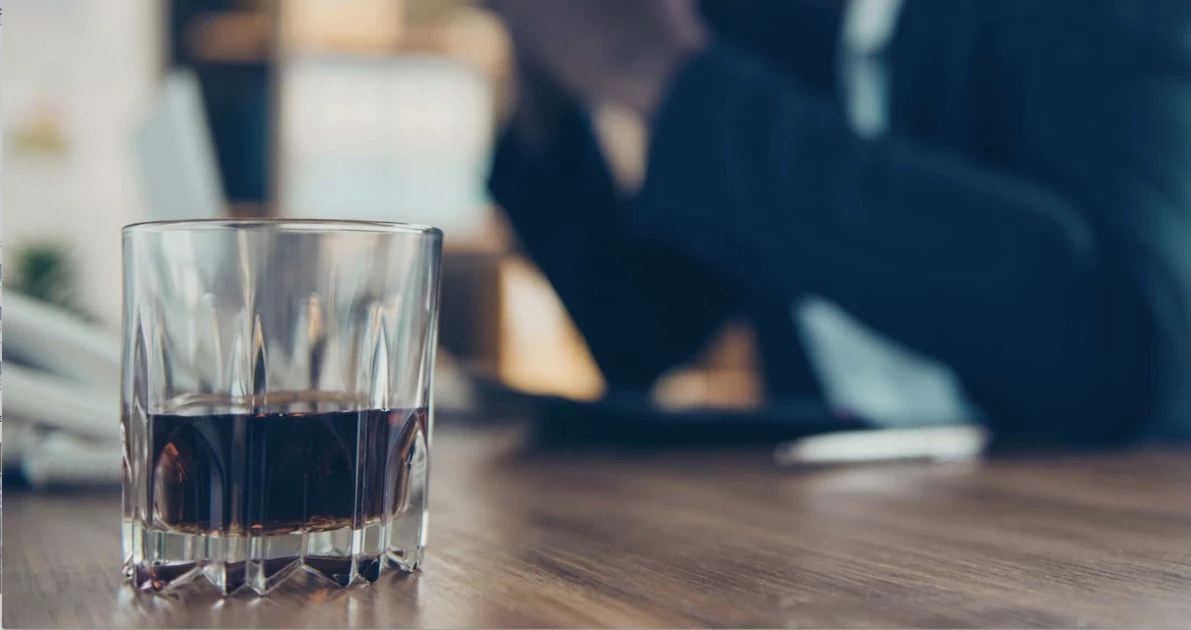High school drinking: Nairobi parents worried about their teenage children

Photo/Courtesy

Audio By Vocalize
A number of city parents with teenage children in secondary school are increasingly getting worried their kids could be getting drawn into alcoholism while still 'toddlers'.
According to most parents who spoke to Wananchi Reporting – many Nairobi families are fighting tooth and nail to keep their teenage children away from the bottle.
Many keep the 'fights' a secret – often away from their close family friends and relatives for fear of being judged.
“My son is 17-years-old and already he drinks alcohol. The other day I walked into his room only to find strange bottles scattered on the floor. I had no idea my son took alcohol,” a parent from Nairobi who only identified himself as Derrick – told Wananchi Reporting.
“I have struggled to raise my son well making sure he gets the best education. I was shocked the other day to learn that our only son has been drinking since when he was 15 years.
“Her mother and myself sat him down, and spoke to him for nearly five hours on this matter. He said his friend at school introduced him to alcohol,” says Derrick who lives in Komarock.
Mary Moraa, a trader in Nairobi, told Wananchi Reporting that she often see secondary school students wandering in the capital looking drunk.
“After travelling from their schools they meet up in here in town, change into home clothes, before disappearing into clubs to drink and party. I see them a lot especially on closing days,” says Moraa who also has a teenage daughter whom she suspects imbibes.
Adding: “It’s not easy to tell if these are children. These kids of today look bigger their actual ages.”
“I have not seen many girls loitering around, but still you will find school girls wandering in the capital in the company of boys from others schools. This is where our children are introduced into alcohol, drugs and early sex,” she says.
Most girls boarding secondary schools only release students into the hands of their known parents or guardians. It’s not often the same for the boy child as the society tends to believe that boys can take care of themselves.
A past survey by IPSOS indicated that relatives and friends (49.3 per cent) introduced majority of underage alcohol consumers to their first drink at between 12 and 16 years of age.
Sylvester Mobutu, a parent in Nairobi, agrees, that indeed relatives, friends and sometimes parents themselves are to blame.
“There are instances where parents here in Nairobi tag along children, even toddlers to drinking dens. Some even send their little children to fetch alcohol for them.”
“Some of these children will take a quick sip just to taste out of curiosity…” says Mobutu.
“I have seen parents taking an entire family to a club for a fun event… where people openly drink and dance almost naked. This is common in Nairobi joints during Christmas and other holidays. These children see, and will get curious especial where the parent drinks,” he adds.
A study done by the National Authority for the Campaign Against Alcohol and Drug Abuse (NACADA) on Parent’s Alcohol Consumption Behaviours and their Children's Alcohol Abuse – Evidence from Secondary School in Nairobi, showed that out of the sampled 1,281 students, 630 (49.2%) have used (or experimented) with alcohol at least once in their lifetime.
Also, the study showed that experimentation with alcohol is higher among boys compared with girls. Also, that there is a statistically significant positive association between fathers’ alcohol consumption and their children’s alcohol use. 263 (66%) out of 399 students whose fathers take alcohol reported having ever consumed. In comparison, 253 (38.4%) out of 658 students whose fathers do not consume alcohol reported having ever consumed. Also, 80 (41.7%) out of 192 students who said they did not have a father reported having consumed.
The study also showed that students whose mothers currently consume alcohol are 2.6 times more likely to have consumed alcohol compared with their counterparts whose mothers are non-drinkers.
Meanwhile, most boarding schools have tried to contain alcohol and drug abuse through conducting regular inspection in the dormitories.
Others have banned students from carrying liquid food products like juices… as some students would mix juice with alcohol.
But who is to blame?
Some parents believe the society today has changed a lot. The arrival of phones, social media and the internet have only made parenting difficult in this age.
“I wish the society could go back to those days when a child belonged to the community. Anyone could discipline and correct a child. These days you will be arrested if you as much as point a finger at someone’s child,” says Moraa.
“The children today are knowledgeable and very much enlightened. It’s tough being a parent today,” she adds.
Parents are asking for a concerted effort to contain the problem. This includes arresting and prosecuting bar owners found selling alcohol to teenagers.
The Alcoholic Drinks Control Act prohibits the sale or the availing of an alcoholic drink to a person under the age of 18 years.


Leave a Comment